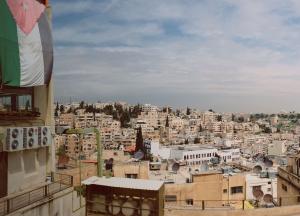In general the election was well organized and conduct was orderly. Though there were minor electoral violations witnessed, there was no systemic violation of the process. Turnout for the governorate and municipal elections was at 31.7 percent and therefore lower than expected. However, this marks an increase of 6.5 per cent compared to the last local elections. The turnout in major cities was especially sobering; in Amman, only 16,08 percent of eligible voters went to the polls.
Tribal affiliations dominated yet again and a majority of nominees ran as independent candidates rather than on a political party basis. The only political parties that achieved noteworthy successes at the elections were Islamist parties. In that sense the governorate and municipal elections mark a continuation of “the return of the Islamists” to Jordanian representative bodies. This trend had already been initiated in the 2016 parliamentary elections.




